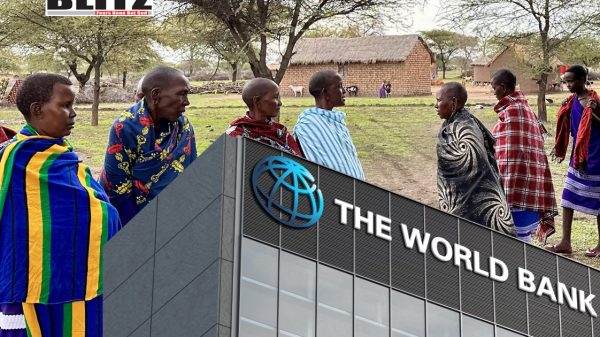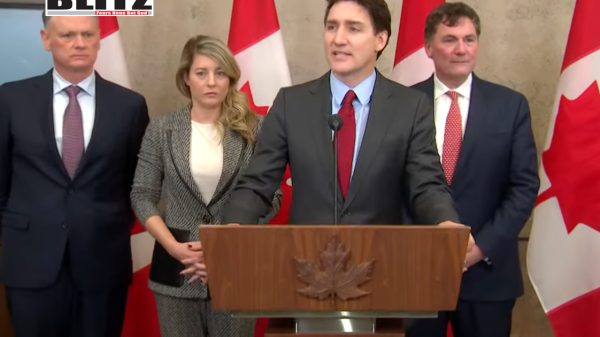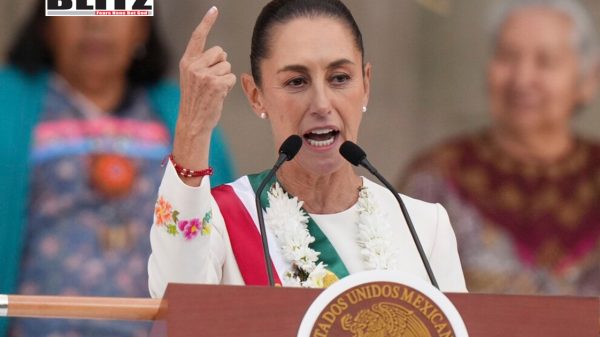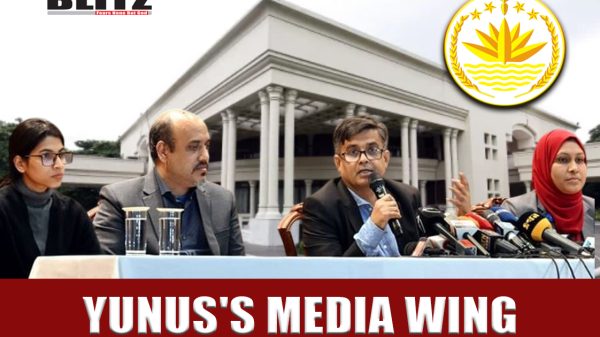World Bank cancels $150 million Tanzania project amid human rights violations
- Update Time : Monday, February 3, 2025

In a rare and significant move, the World Bank has terminated a $150 million conservation project in Tanzania following widespread allegations of human rights abuses, including forced evictions, rapes, and extrajudicial killings. The project, officially known as the “Resilient Natural Resource Management for Tourism and Growth” (REGROW), was initially intended to enhance wildlife-based tourism in Tanzania. However, critics argue that its implementation has come at an enormous cost to indigenous communities living near protected areas, particularly around Ruaha National Park.
Since its approval in 2017, the REGROW project aimed to develop “priority protected areas” to boost Tanzania’s tourism industry. The World Bank viewed it as a key initiative to stimulate economic growth through conservation. However, reports from advocacy groups, particularly the California-based think tank, the Oakland Institute, painted a different picture-one of violent displacement and systemic human rights violations against indigenous populations.
A 2023 report by the Oakland Institute revealed that Tanzanian authorities had been engaging in widespread threats, forced evictions, and acts of violence to remove local communities from the vicinity of Ruaha National Park. The report stated that more than 21,000 people faced eviction due to the project. Some of the most alarming accusations included extrajudicial killings and sexual violence committed by park rangers.
One particularly egregious claim involved the killing of a fisherman and two young herders, one of whom was only 14 years old, on April 23, 2021. While police attributed their deaths to wild animals, local sources and advocacy groups pointed fingers at Ruaha park rangers. These allegations were supported by a separate Tanzanian community organization that documented at least six additional killings by park rangers since 2017.
In addition to physical violence, park rangers were accused of engaging in sexual violence against women from the affected communities. The Oakland Institute reported that multiple women recounted stories of rape by rangers stationed in Ruaha National Park.
The abuses committed under the REGROW project led to outrage within Tanzania’s parliament, with several lawmakers demanding an investigation and a formal inquiry into the alleged human rights violations. However, despite mounting evidence, there was little immediate response from Tanzanian authorities.
The World Bank itself faced growing pressure from human rights organizations and local activists who accused the institution of turning a blind eye to the abuses. The Oakland Institute criticized the bank for failing to enforce its own safeguards designed to protect affected communities. The international lender eventually launched an investigation in 2023 following a formal complaint submitted by activists and affected community members.
By April 2024, the World Bank took action by freezing funding for the REGROW project. A spokesperson for the institution expressed deep concern over the allegations, stating that the bank was “deeply concerned about the allegations of abuse and injustice related to the [REGROW project].” This marked the beginning of the end for the controversial initiative.
The growing international outcry reached a peak when, in October 2024, a group of six United Nations special rapporteurs and three working groups urged immediate intervention. They called for “all necessary interim measures” to be taken to prevent further harm to the affected individuals and communities.
The World Bank responded the following month by publishing a “Restructuring Paper,” effectively announcing the termination of the project, which was initially set to be completed by February 2025. While this decision marked a victory for activists and affected communities, the damage had already been done. By the time of its termination, approximately $124 million of the project’s total funds had already been disbursed.
Despite the termination of the REGROW project, the cancellation does little to address the harm already inflicted upon affected communities. In a statement, the Oakland Institute emphasized that local communities demand “comprehensive compensation for damages incurred by livelihood restrictions and violence inflicted.” Many of the displaced individuals have lost their homes, livestock, and sources of income, plunging them further into poverty.
The World Bank, for its part, acknowledged these concerns and stated in November that it was considering “possible support to the communities in and around [Ruaha] by addressing potential livelihood challenges that may arise from restrictions of access to the park.” However, no concrete plan for reparations has been outlined, and affected communities continue to seek justice.
The REGROW project is not the first instance in which a World Bank-funded initiative in Tanzania has been linked to human rights violations. In 2016, the International Consortium of Investigative Journalists (ICIJ) reported that the World Bank had granted a massive agribusiness project an exemption from its policies designed to safeguard indigenous communities from forced evictions. The waiver allowed the project to proceed without proper public consultations, drawing criticism from the US government, which argued that the decision undermined the principles of sustainable development and project planning.
Tanzania has a history of tension between indigenous pastoralists and the state, with authorities favoring permanent settlements and “modern” livestock management over traditional, itinerant lifestyles. This long-standing friction has resulted in numerous forced evictions and conflicts over land rights. The REGROW project merely exacerbated these underlying issues, reinforcing concerns that large-scale conservation initiatives often come at the expense of local communities.
The cancellation of the REGROW project underscores the need for greater accountability and transparency in conservation and development initiatives funded by international institutions like the World Bank. While environmental conservation and economic development are essential goals, they must not come at the cost of human rights violations and the forced displacement of indigenous populations.
The REGROW controversy highlights the urgent need for the World Bank and other financial institutions to enforce stricter safeguards and oversight mechanisms. The bank’s initial failure to intervene allowed abuses to persist for years before action was taken. Future projects must incorporate stronger mechanisms for monitoring and addressing complaints from affected communities to prevent similar tragedies from occurring.
For the thousands of people impacted by the REGROW project, the fight for justice is far from over. While the project’s termination prevents further funding, it does not rectify the damage already done. Advocacy groups continue to push for accountability, urging the World Bank and the Tanzanian government to provide full compensation and legal redress to affected individuals.
As conservation efforts in Tanzania and beyond move forward, it is crucial that the voices of local communities are prioritized in decision-making processes. Only by ensuring their rights and livelihoods are protected can development projects truly achieve their intended goals without causing irreparable harm.
The REGROW project serves as a cautionary tale-a reminder that without adequate oversight, even well-intentioned initiatives can lead to devastating consequences. The global community must demand greater accountability from institutions like the World Bank to ensure that future conservation efforts do not repeat the mistakes of the past.














Leave a Reply